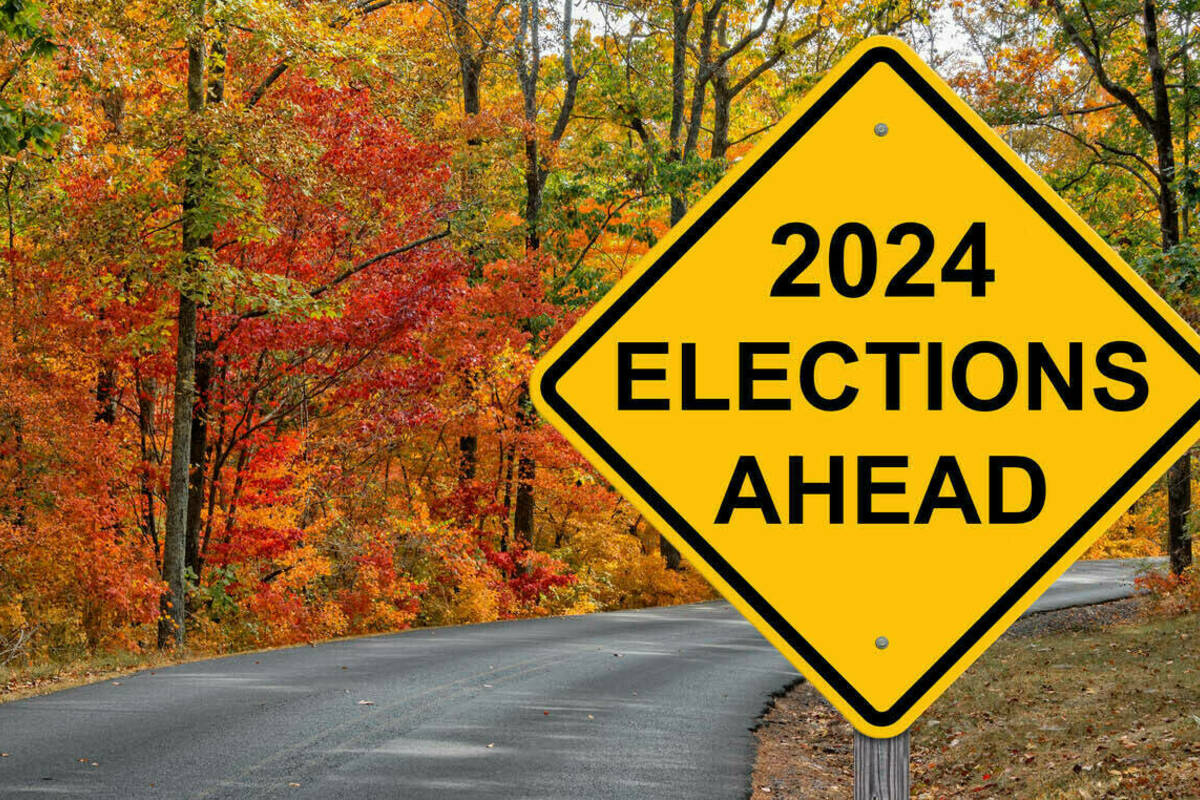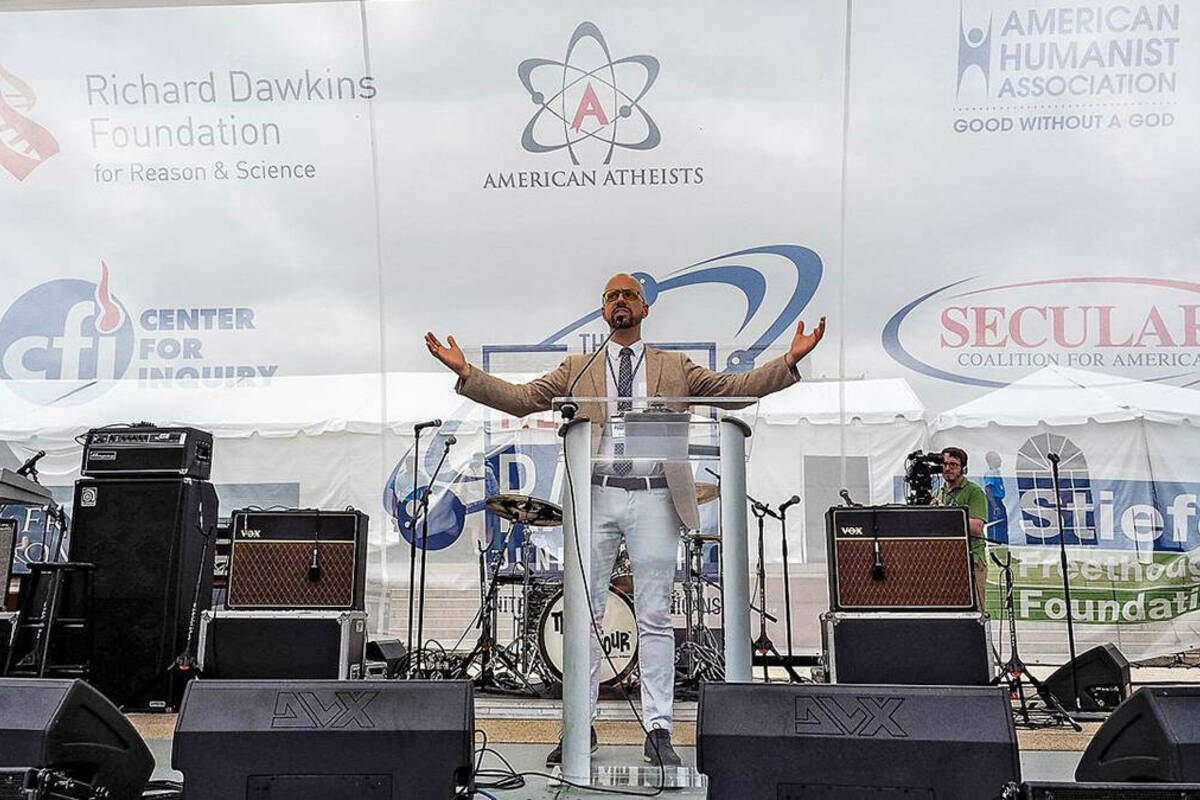

Department of Political Science
Chair; Professor of American Politics



Miami Herald
June 14, 2024
A number of major issues, at home and abroad, could be driving younger voters away from Biden and toward Trump, multiple experts said...America’s involvement in Israel’s war against Hamas “is obviously a big reason for it,” Geoffrey Layman, a political science professor at the University of Notre Dame, told McClatchy News.

USA Today
May 29, 2022
A large reason for the increase of religiously unaffiliated Americans is the rising role of religion in politics, primarily within the Republican Party, according to Geoff Layman, the chair of the department of political science at the University of Notre Dame.

The Washington Post
January 14, 2022
“Secularism is at the very heart of the battles for the soul of the Democratic Party,” write the authors, political scientists John C. Green of the University of Akron and David E. Campbell and Geoffrey C. Layman, both of the University of Notre Dame.

USA Today
September 19, 2021
David Campbell and Geoffrey Layman are professors at the University of Notre Dame; John Green is an emeritus professor at the University of Akron.

The Daily Beast
March 21, 2021
According to political scientists David E. Campbell and Geoffrey C. Layman of the University of Notre Dame and John C. Green of the University of Akron, authors of Secular Surge: A New Fault Line in American Politics, this corruption is happening already.

Religion News Service
March 12, 2021
In Secular Surge: A New Fault Line in American Politics, political scientists David E. Campbell and Geoffrey C. Layman of the University of Notre Dame and John C. Green of the University of Akron argue that the US’s secular population is larger and more diverse than previously acknowledged — and that a big part of what’s driving secularity is actually religious people’s political behavior.